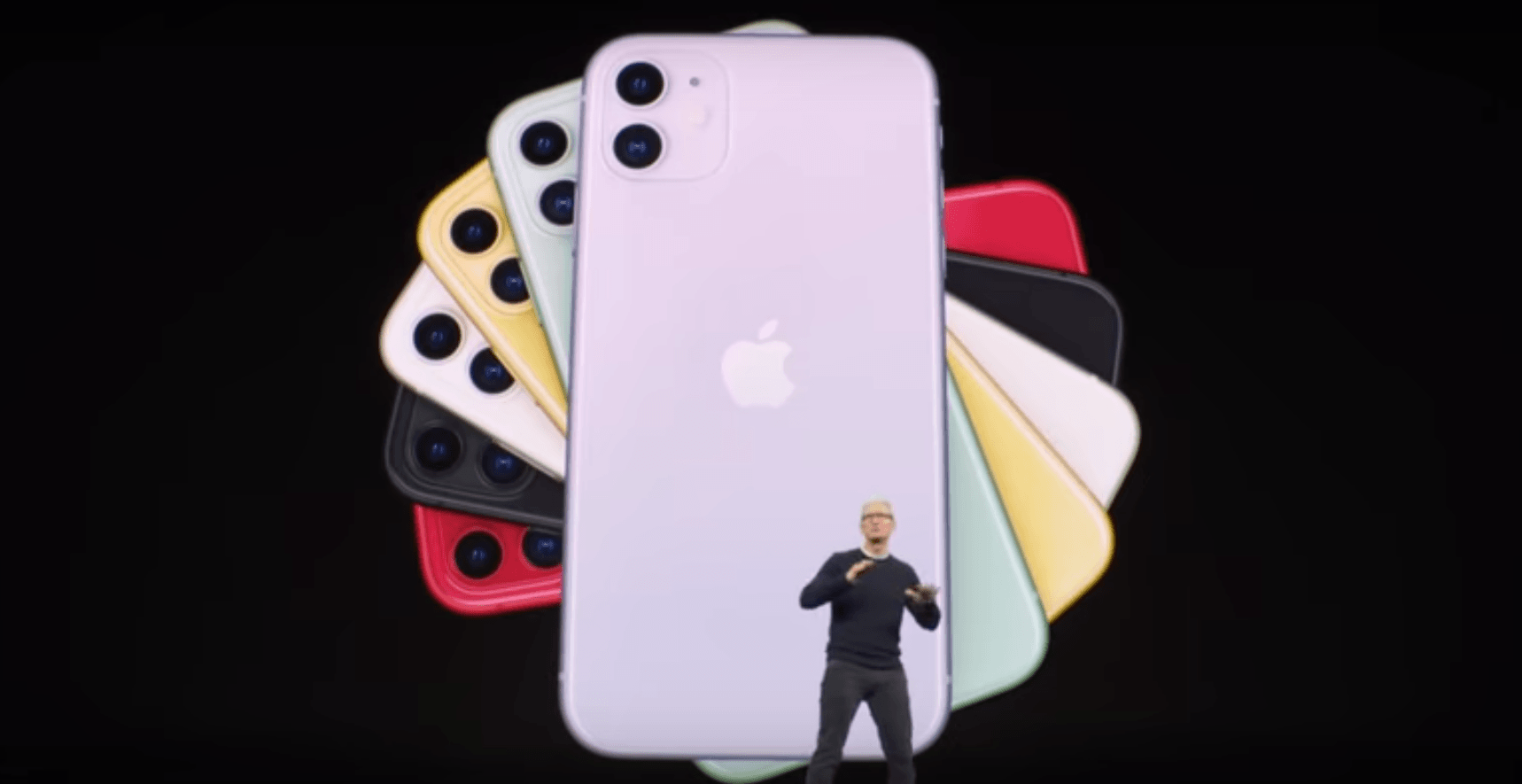A new patent suggests Apple could start using the logo on the back of the iPhone for more than just looks. On the iPhone 12, the logo could be used for notifications and additional personalization. On the other hand, it is just a patent, so there’s no guarantee the technology will be ready for the iPhone 12 next year — or even that it will be used in any future iPhone models.
New Apple logo on the iPhone 12?
The U.S. Patent and Trademark Office published the Apple patent on Wednesday, and AppleInsider was the first to spot it. The patent is entitled “Electronic Devices With Adjustable Decoration,” and it was filed on Sept. 18, 2018.
The patent describes the adjustable decoration as more than just a logo, which means the iPhone 12 could have more than a flashing Apple logo. The decoration could also be trim for the device’s housing or some other component mounted on the housing and “used to form other visual elements.” The decoration could be made up of a see-through layer over the top of the rear casing. This layer could then change the color of the decoration or add other effects to the back of the device.
The adjustable decoration could incorporate data from the device’s sensors or information from input-output devices. In other words, on the iPhone 12, the logo could change colors and/ or flash to display the arrival of notifications. Notifications could include incoming text messages or emails or calendar reminders. The adjustable decoration could also indicate activation of the camera or another component.
More personalization
In addition to the utility nature of the adjustable decoration, the logo on the iPhone 12 could also provide more options for personalizing the device. Apple users are pretty well accustomed to the relative lack of personalization options for the iPhone, so having a logo that changes colors could add to this. The adjustable decoration could be changed in the device’s Settings menu.
It’s important to point out that Apple and other major tech companies file patents on a regular basis, and not all of the described technologies end up becoming real devices sold to consumers.





